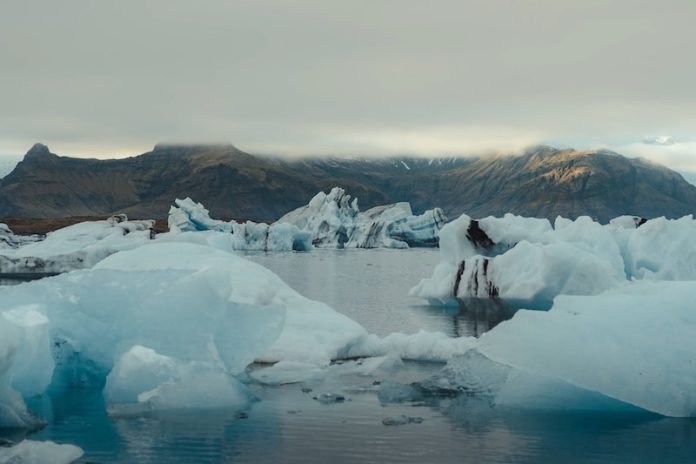
Scientists have found something amazing in Scotland that could help us understand what’s happening with the Earth’s climate right now.
They’ve figured out that melting ice thousands of years ago had a big effect on the world’s weather.
This is important because a lot of ice is melting today, especially in Greenland, and we need to know what that could mean for us.
A Peek into Ancient Weather Changes
About 8,000 years ago, the weather in the North Atlantic Ocean and Northern Europe got much colder. At the same time, the rain patterns around the world also changed.
For a long time, experts thought that all of this happened because a huge lake in Canada emptied into the ocean. But now, thanks to a team led by a scientist named Dr. Graham Rush, we know there’s more to the story.
The team dug up special dirt samples from the Ythan Estuary in Scotland. By looking at this dirt and tiny fossils, they could understand what was happening with sea levels back then.
Usually, sea levels would rise very, very slowly, but during this time, the sea levels went up really quickly. This suggested that a lot of freshwater was going into the ocean, but it couldn’t have come just from the Canadian lake.
Two Big Sources of Water, Not One
By examining the ancient dirt samples, Dr. Rush and his team discovered that two different sources of water must have emptied into the ocean.
So, instead of just the big Canadian lake, they think another source was involved—a melting ice sheet that covered eastern Canada and parts of the northeastern United States.
This is an important find because it helps us understand that even back then, melting ice had a big effect on the Earth’s weather systems.
It got colder in some places, like Northern Europe, but warmer in others. Rainfall patterns also changed. It became wetter in Europe, while parts of Africa experienced drought and dry conditions.
What Does This Mean for Us Today?
Why should we care about what happened 8,000 years ago? Well, because similar things are happening now. Ice is melting in Greenland, and some experts think this could mess up the ocean currents and change the world’s weather again.
Dr. Rush warned that if too much ice melts too quickly in Greenland, it could have severe effects on our climate, just like it did thousands of years ago.
For example, we could see more extreme weather events, such as stronger storms, and even changes in temperature.
This is a big deal, and it’s why scientists are working hard to understand the impact of melting ice on our planet.
The more we know about what happened in the past, the better we can prepare for what might happen in the future.
In short, the team’s work is like a wakeup call. It shows that we should pay attention to what’s happening with our planet’s ice because it could change our weather in significant ways.
If we don’t take steps to understand and perhaps stop these changes, we could be in for some very challenging times ahead.
The research findings can be found in the journal Quaternary Science Advances.



